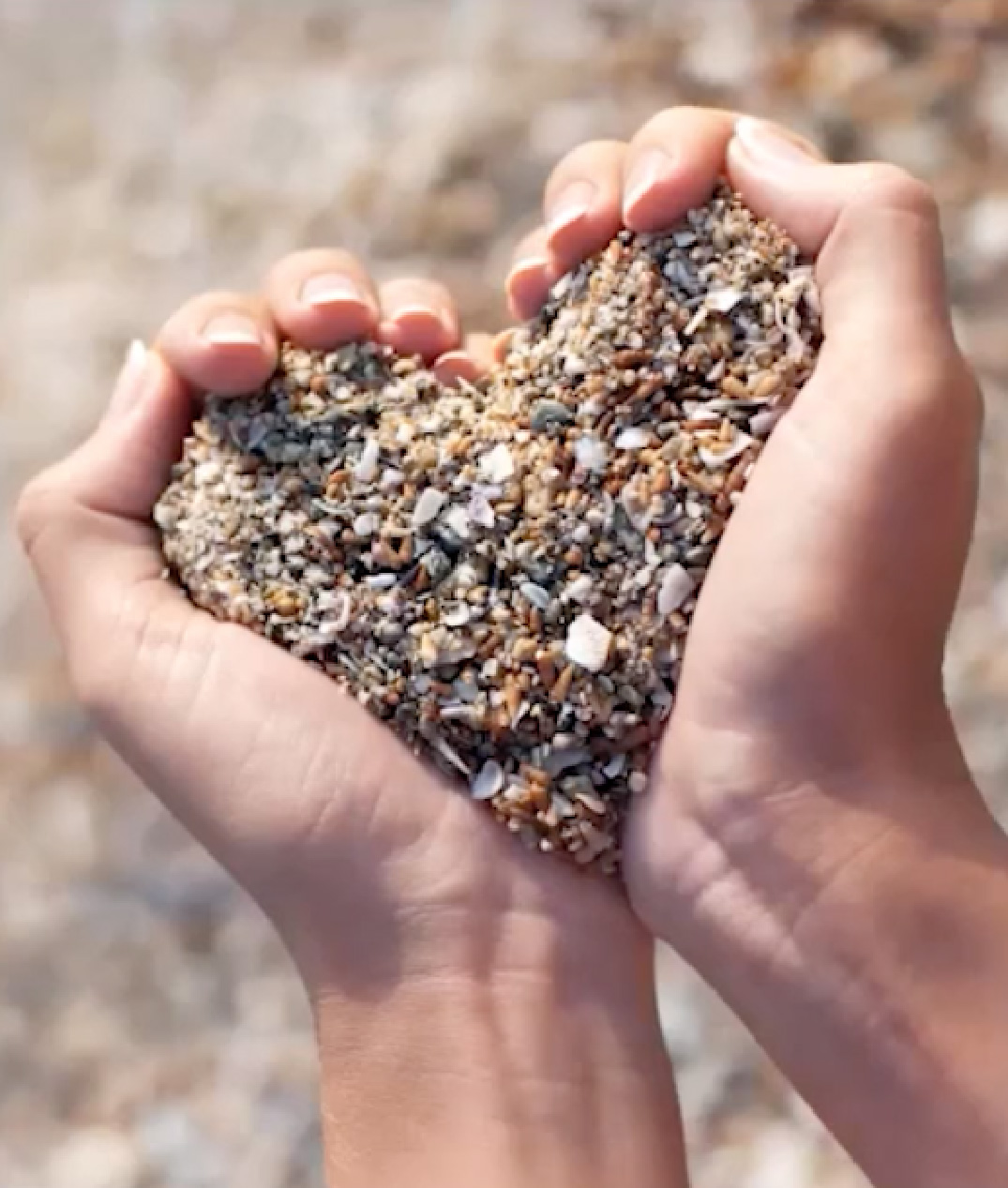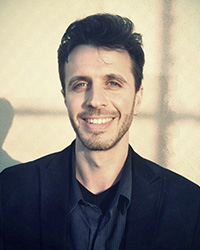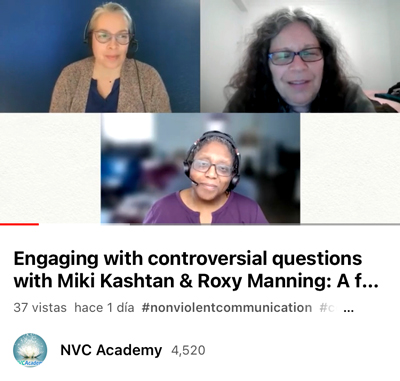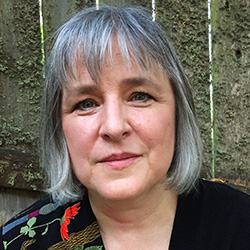I'm not an angry person...
Dear friend,
Recently, I have been pondering anger, how I express it and the jackal story I tell myself about it. Marshall Rosenberg taught that anger is a natural emotion that is based on a judgment of someone else or myself. I agree with this, so I have been doing some "enemy images" and self-empathy work (and praying for those who are most likely to be the recipients of my anger). My goal was to clear my judgments and take responsibility for my "stuff." It has helped a lot, and yet I still feel a general anger in me that is not directly related to anyone or any specific situation.
I have felt shame about this and have developed a story that I am an angry person. This is especially challenging because I have done what feels like mountains of work on my anger over the past 40 years.
Yesterday, I opened up about this to a friend who knows me really well and she said, "You are not an angry person." She said this in a matter-of-fact kind of way— As if it was fact. I was tempted to argue with her but decided to continue listening instead.
She went on to remind me that I was raised in a home where there was a lot of anger. An environment where anger was expressed easily and accepted as okay or common. I remembered that in my childhood home, there were two main emotions that could be expressed easily: anger and happiness.
At this moment in the conversation, I started to push against her a bit by saying something like, "Well, okay, but I am a grownup now and have done 40+ years of inner work, so how do we explain my angry self now?"
"You are not an angry person," she said.
Then, I remembered a moment many years ago when I asked my friend Art to teach me about electricity and how it works by installing a new light switch in my home. Art is a kind and patient teacher. However, it was not going well. We kept running into snags and challenges. It was taking several more hours than we had expected, so I started to become more and more nervous. Several times I expressed my nervousness in a way that could easily be perceived as anger (even I perceived it as anger!).
Later, after the light switch was installed and Art had left, I spent time trying to figure out why I had gotten angry. Art was not angry. In fact, he expressed joy and curiosity throughout the entire process. Then, I got it: In my body/system, I determined that someone would be angry in this kind of situation. Art was not doing it, so I took it on. I manufactured anger to fit the situation! Later, I called Art to tell him what I learned about myself and also to express my regret. He still was not angry!
I think it is especially easy for me to feel anger when I think I am being judged, or when someone sees me or my actions differently than I do. In this scenario, I am more likely to defend myself and, if I do not find connection or understanding, I can feel anger. My judgment of the other is that they are not hearing me (remember Marshall's comment about anger being a natural feeling that stems from a judgment of another person or self?). My needs are to be seen, understood, and known. But, is their reaction about them or me?
"You are not an angry person."
I find this statement fascinating and I am going to spend this next month investigating it by asking myself these questions when I think I am angry:
- Am I really feeling angry? Or, is there some small voice telling me that anger needs to be present, which tempts me to take it on?
- Is my sense of anger a habit?
- Do I agree with any part of the other person's judgment of me? If so, what can I do to own up to my "stuff" and support the relationship?
- If I do not agree with their assessment of me, do I really need to defend myself or feel angry? For instance, could I simply empathize with their reality without taking it on as mine?
- And, what are the deeper feelings under any anger I may be feeling?
Through this investigation, perhaps I could update my self-image and know for myself that, "I am not an angry person." In this moment, I think of this possibility as pure FREEDOM! Free like how it could feel if I was trapped in a small place that I had languished in for many years, and a door magically opens!
What is on the other side of that open door? I think the message could change to: "I am a joyful person who deeply values all Life."
Sending you a warm and loving hug,

CEO & Co-Founder, NVC Academy CNVC Certified Trainer
Monthly Gift

What is Resonant Language?
Sarah Peyton
Sarah Peyton says that when we start to move into the fluid space of the right hemisphere of the brain, everything starts to change. Wild and emergent energy comes through. In this video, Sarah describes how your body is a finely tuned instrument as she shares the steps of attunement, empathy, compassion, and resonance.
Watch NowTo discover how resonant language can transform your conversations, join Sarah's next course, Lightness When Things Are Difficult: NVC and Resonant Dialogue Skills, starting on April 24th!
Explore NVC with Roxy Manning and Miki Kashtan
When was the last time you witnessed two NVC trainers enter into a "loving confrontation" with the intention of expanding our collective thinking within NVC?
This one-session-only event features Roxy and Miki discussing controversial topics that they themselves are not fully aligned on, as well as answering your questions.
Join Roxy and Miki in the free Q&A Engaging with Controversial Questions Fundraiser on April 22. It is an opportunity to witness how two people can engage in these discussions even when they do not agree and support the sustainability of NVC Academy at the same time!
Honoring the Life of Jared Finkelstein

It is with a very heavy heart that we let you know that Jared Finkelstein died during the weekend of February 18th. We are left with our grief and sadness at the loss of our colleague, teacher, and friend. Jared had a youthful spirit that was infectious, inviting, and warm and touched so many of us. May he rest in peace. May his family find peace and comfort.
See Jared in action while teaching a session about Naturalizing NVC through the NVC Academy in 2020 in this video.
May we all bless him and feel gratitude for how he contributed to our lives.
Courses beginning in April
"Mourning is very important to do for sorrow, sadness, loss. Hours, days, weeks, years, whatever it takes. Let my feelings tell me when I’m through mourning. Mourn in giraffe. The loss of a beautiful possibility that was important to me."
Engaging with Controversial Questions: A Conversation between Roxy Manning and Miki Kashtan (Q&A Fishbowl Fundraiser)
Saturday, April 22
8:00-10:00am Pacific (California) Time
Lightness When Things Are Difficult: NVC and Resonant Dialogue Skills
Mondays, April 24-June 12 (eight sessions)
5:00-6:30pm Pacific (California) Time
NVC Library In the Spotlight: Mourning

Mourning with Shantigarbha Warren
Mourning is not just a process that happens after someone dies: it is an experience you go through with loss of any kind. Just as celebrating life is a human need, so is mourning. In this video, Shantigarbha Warren offers seven tips for working with mourning and healing.
Library Members Watch NowNot a NVC Library member yet? Subscribe today and have access to this resource and over 1,000 videos, audios, articles, exercises and much more - all dedicated to learning and living NVC.
SubscribeKeep in Touch
Receive Growing Roots Monthly, special offers and announcements:
Keep in TouchNeed to connect? Send us an email:
help@nvcacademy.com



